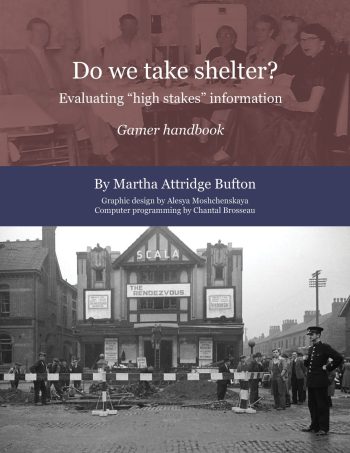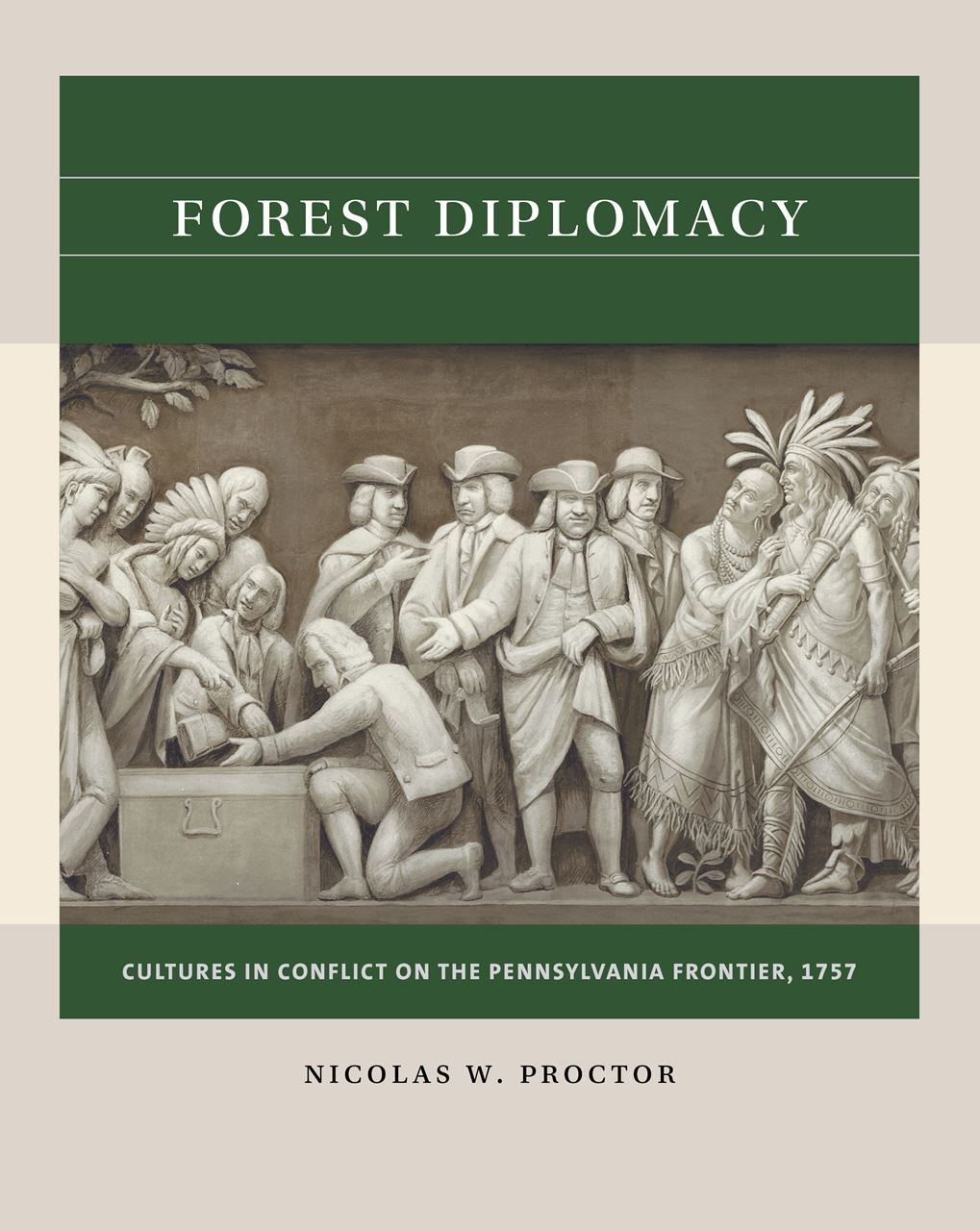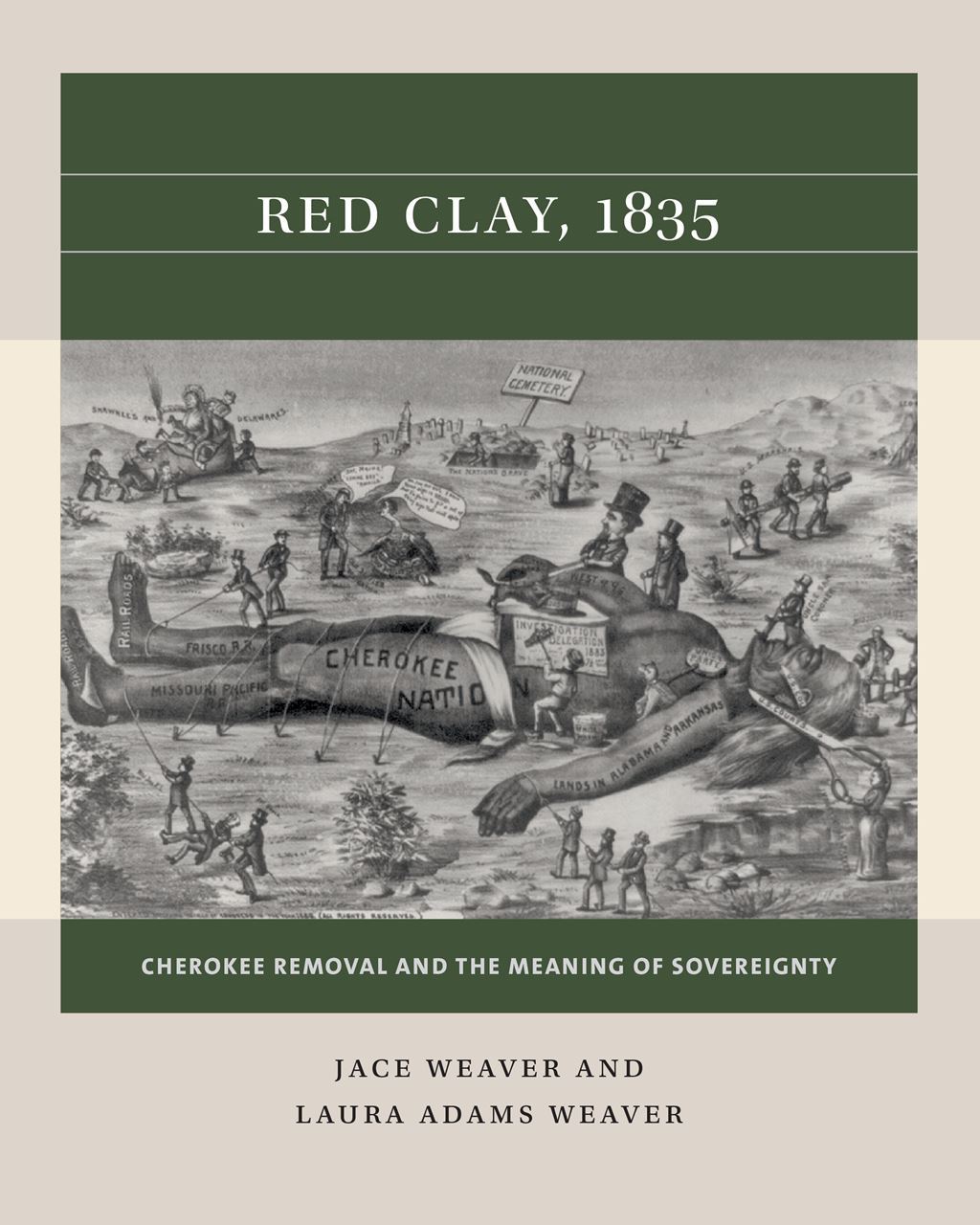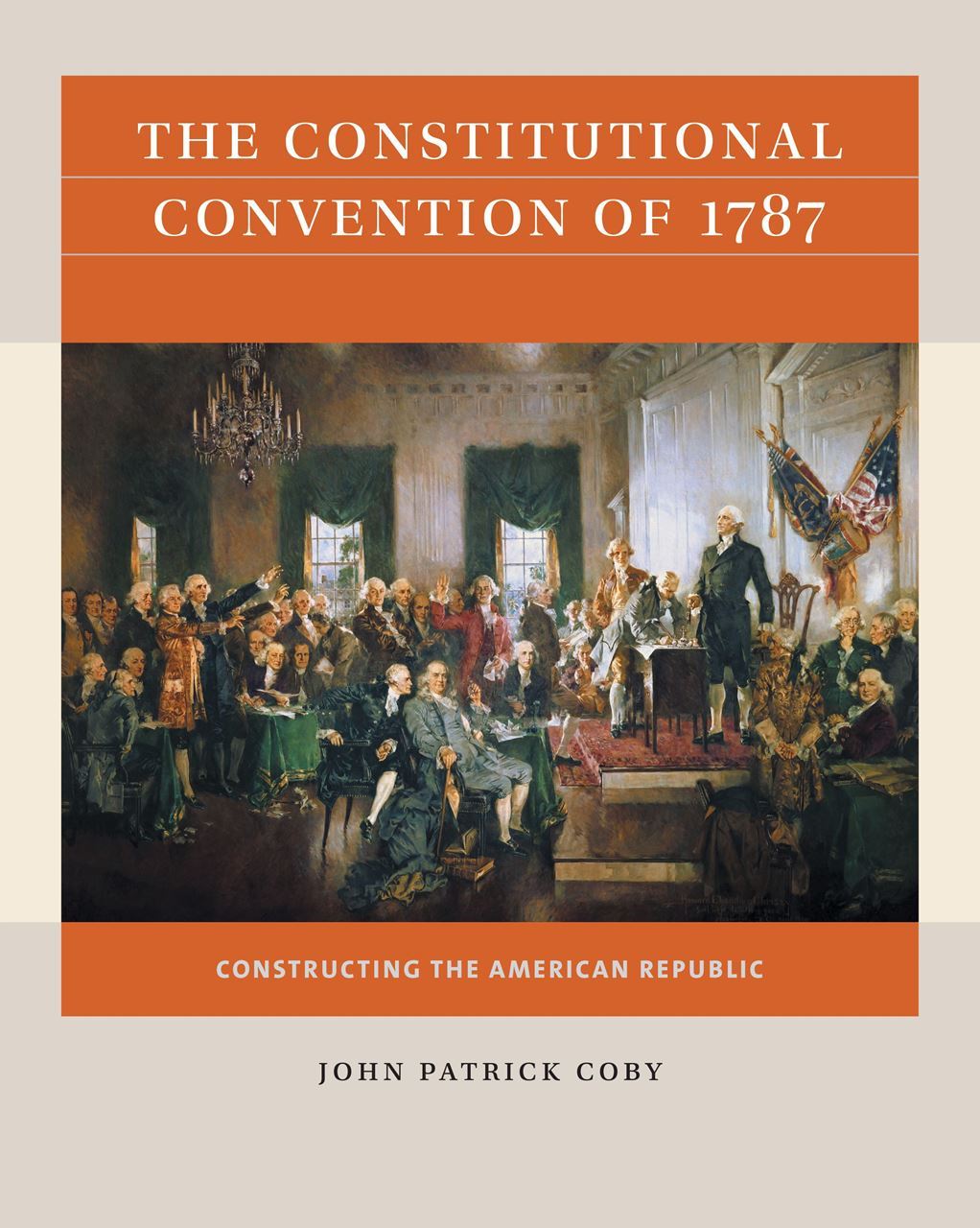 |
DO WE TAKE SHELTER?
Evaluating "High Stakes" Information
by Martha Attridge Bufton

| By December 1940, the “Western Allies” of Great Britain, Canada, Australia, New Zealand, and South Africa were in the second year of the war with Germany. Starting in July of that year, the German Air Force (the Luftwaffe) began a series of air raids in southern, central, and northern England. This campaign had a direct impact on ordinary British citizens. More than 23,000 women, men, and children were killed in their homes, their workplaces, their schools, and the streets of their communities. To try and protect citizens from these air attacks, the British government provided air raid shelters that could be installed at home, such as the Anderson and Morrison air raid shelters. Citizens could also retreat to community shelters that were opened in spaces such as the underground or in public buildings such as libraries. Deciding to stay at home or go to a community shelter during a raid is a good example of the kind of “high stakes” (i.e., life or death) decisions that individuals and families faced regularly during the war. These decisions were complicated by the information (or lack of information) to which people had access. The purpose of the game is to teach players to think critically about sources, which are authoritative, current, and unbiased and which are not. Ultimately, players must identify the information they trust in order to make a “high stakes” decision. |
Members can contact game authors directly.
We invite instructors join our Facebook Faculty Lounge, where you'll find a wonderful community eager to help and answer questions. We also encourage you to submit your question for the forthcoming FAQ, and to check out our upcoming events.
|
|
|


